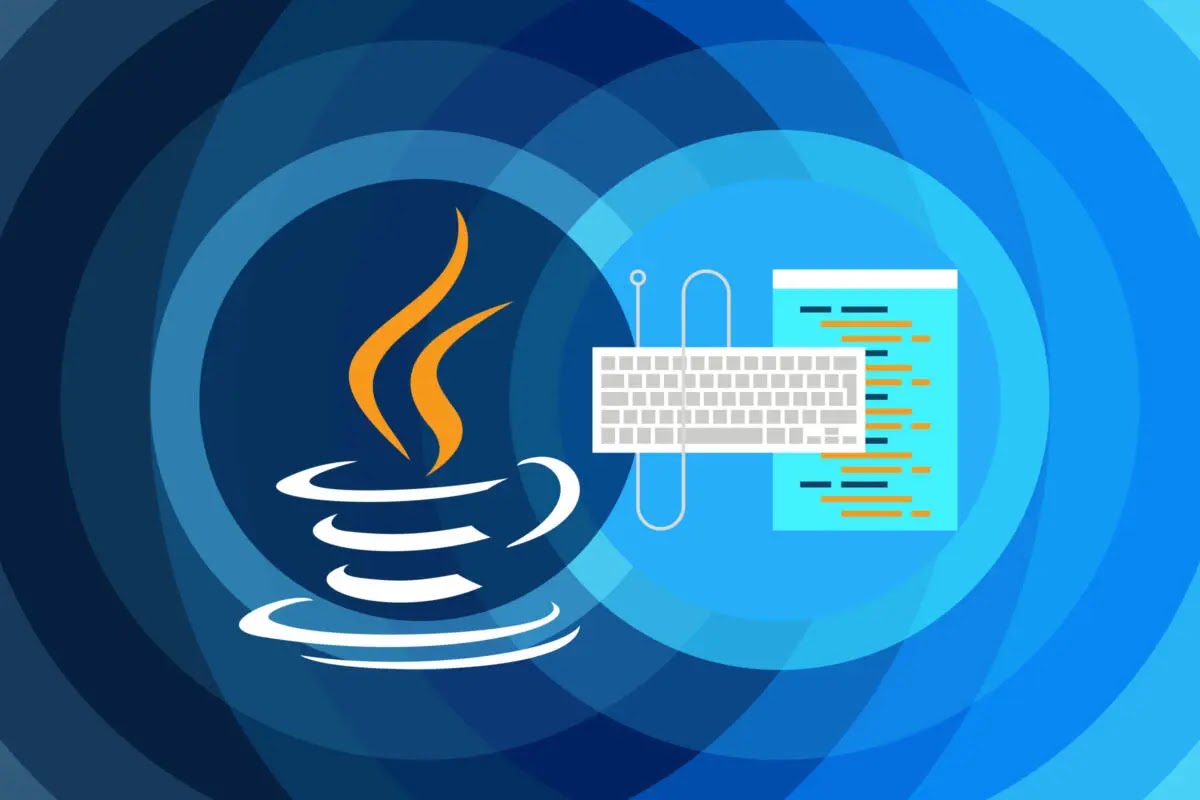Java is one of the most widely used programming languages in the world. It’s known for its flexibility, reliability, and simplicity. But even experienced Java developers can run into challenges when developing complex applications. In this blog post, we’ll share some tips to help you get the most out of Java, whether you’re a seasoned pro or just starting out.
1. Plan Your Code Before Writing It
Planning is essential in software development. Before writing any code, take the time to plan out the structure and flow of your application. This will help you avoid errors and make it easier to maintain and update your code later on.
2 Use Meaningful Names for Variables and Functions
Using descriptive variable and function names will make your code easier to read and understand. Instead of using generic names like "a" or "x", use descriptive names that indicate what the variable or function is doing. This will make it easier to collaborate with others and make changes to your code.
3. Keep Your Code Modular
Breaking your code into smaller, more manageable modules or functions is essential for scalability and maintenance. This will make it easier to test, debug, and update your code later on.
4. Use Comments
Comments can make your code more readable and help others understand what your code is doing. Make sure to add comments to your code to explain your thought process and the purpose of your code.
5. Use Object-Oriented Programming (OOP) Principles
Java is an object-oriented programming language. OOP principles, such as encapsulation, inheritance, and polymorphism, can help you write more efficient and maintainable code. Take the time to learn and apply these principles in your code.
6. Leverage Java Libraries and Frameworks
Java has a wide range of libraries and frameworks that can save you time and effort in your coding. Take advantage of these resources to simplify your code and improve your productivity.
7. Use Exception Handling
Exception handling is essential in Java development. Use try-catch blocks to handle exceptions and errors in your code. This will prevent your code from crashing and provide useful feedback to the user.
8. Test Your Code Thoroughly
Testing your code is essential to ensure it works as intended. Use automated testing tools whenever possible to save time and ensure your code is bug-free.
8. Keep Your Code Consistent
Consistency is essential in programming. Follow standard Java coding conventions, such as using camel case for variable names and starting class names with an uppercase letter. This will make your code more readable and easier to understand.
9. Use Version Control
Version control is essential for collaboration and project management. Use a version control system like Git to keep track of changes to your code and collaborate with others more effectively.
In conclusion, Java is a powerful programming language with a lot of capabilities. By following these tips, you can write more efficient and maintainable code that will save you time and effort in the long run. Happy coding!


No comments:
Post a Comment